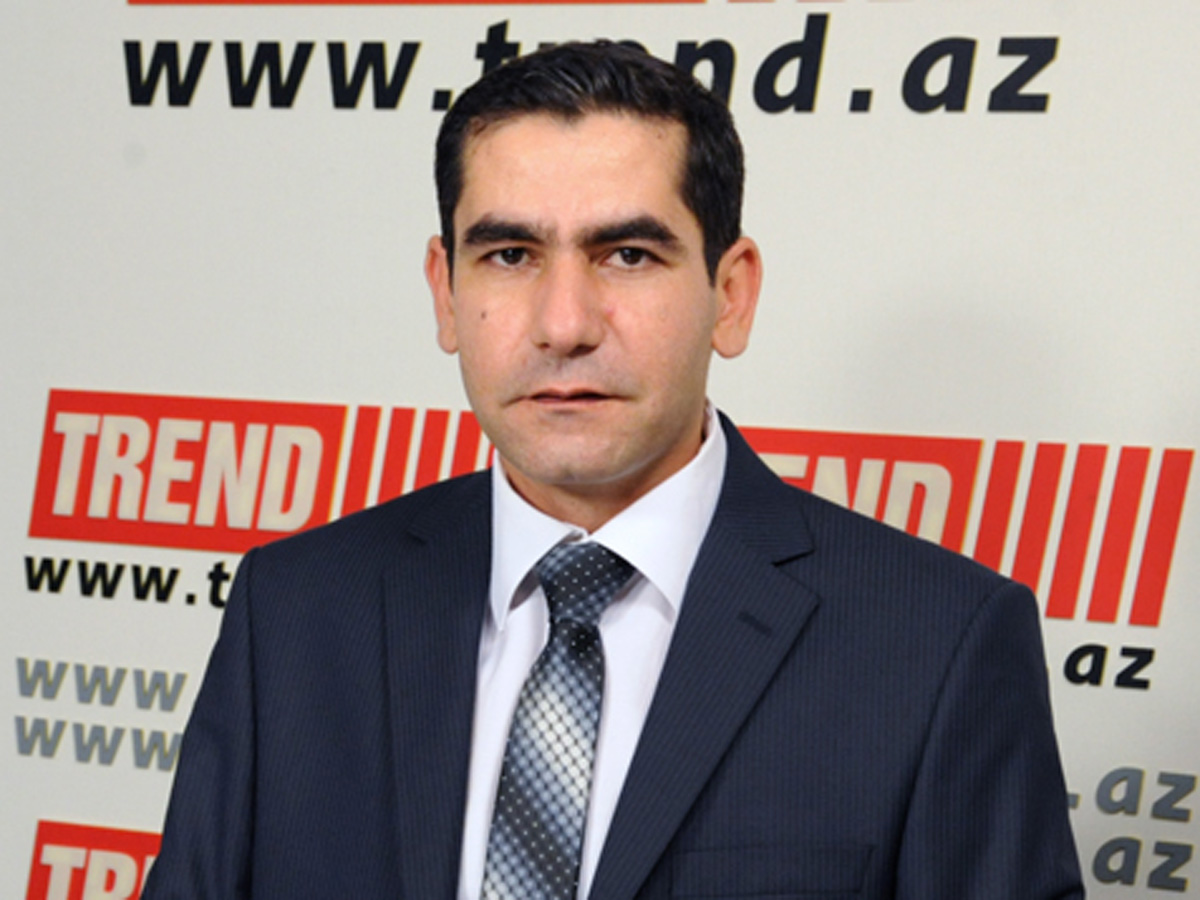By Dalga Khatinoglu-
Indonesian Energy and Mineral Resources Minister to travel to Tehran to evaluate bilateral relations and possible cooperation opportunities on October 14.
A meeting is scheduled between Iranian Oil Minister Bijan Namdar Zanganeh and Sudirman Said as well.
The visit came, while Iran is preparing to resume crude oil exports as soon as the international sanctions be removed in early 2016 and raise this volume to presumptions level at 2.2 million barrels per day. However, considering the glut in oil markets, Iran even hasn't been able to increase oil export after reaching a comprehensive nuclear deal on July 14, expected to propel Iranian oil exports.
Indonesia became a net crude oil importer since late 2013, but the energy cooperation between Tehran and Jakarta is expected to be so deeper and wider than just crude oil export issue.

Just a year ago, Iran announced that it is preparing to build five refineries in Indonesia, aimed to diversification of Iran's oil export. The head of Iran's Oil, Gas and Petrochemical Products Exporters Union said last April that Iran would build a heavy oil refinery with the daily production capacity of 150,000 barrels of crude oil in addition to five smaller refineries with daily production capacities of 30,000 to 50,000 barrels of gas condensates in Indonesia each one.
The total refining capacity of 300,000 barrels per day would be fed by Iranian crude oil and gas condensate.
Almost all of Iran's crude oil-export goes to the Asian markets: including China, India, Japan and South Korea. Iran also exports about 110,000 barrels per day of crude oil to Turkey.
Iran's crude oil export (excluding gas condensate) has decreased from 2.2 million barrels per day (mb/d) in 2011 to about 1.1 mb/d currently due to western sanctions. However, in the light of lifting sanctions, Iran is preparing to boost its oil production and export.
Iranian oil firm Nakhle Barani Pardis and Indonesia's PT Kreasindo signed a $3 billion memorandum of understanding last February for the construction of six refineries. Nakhle Barani Pardis has reportedly accepted to finance 30 percent of the refinery to be built at Banten or another location in West Java.
Iran's Press TV reported then that the projects were set to start in 2015 and would take an estimated three years to complete.
It's not expected the sides sign a agreement to build refineries until the second half of 2016, until the economic sanction on Iran be removed totally, however, Iran can start crude oil export to Indonesia sooner. Thanking to increasing natural gas deliveries to power plants, Iran also became a net diesel exporter since early 2015, while Indonesia imports about 3 million barrels of diesel every month.
A strong economy, population growth, and continued state subsidies for fuels worked together to push domestic oil demand beyond supply in Indonesia.
However, Iran's rivals have already queue in Jakarta's energy projects.
Last year, Saudi Aramco, Sinopec and JX Nippon Oil and Energy signed agreement with Indonesia to expand and upgrade four of its refineries to boost the "actual" oil products capacity from current 0.8 mb/d to 1.68 mb/d by 2020.
Saudi Arabia also shares 28 percent of Indonesia's total oil imports.
Indonesia's declining oil production and rising domestic demand resulted in the country's exit from OPEC in 2009 and higher levels of petroleum imports to meet demand. Indonesia is scheduled to rejoin OPEC in December 2015.
Indonesia claims that rejoining OPEC will strengthen its cooperation with oil-producing countries, provide greater access to crude oil supplies, and allow the country to be a link between energy producers and consumers, the US Energy Information Administration reported last week.
Indonesia currently buys crude oil and oil products through third-parties or traders and wants direct access to long-term crude oil supply contracts through negotiations made between national oil companies. These crude oil imports are needed to meet expected refining capacity additions from proposed upgrades and expansions slated to come online within the next decade. Indonesia also hopes to attract more infrastructure investment by OPEC members for its upstream and downstream energy infrastructure projects. OPEC notified Indonesia that it plans to accept the country's request to re-activate its membership with the organization as a full member at the next OPEC meeting in December 2015.
Indonesia's total refinery capacity was an estimated 1.1 mb/d at the beginning of 2015, at six major refineries and a few smaller facilities, however typically they run at 820,000 barrels per day as its refineries are very old.
Indonesia's petroleum consumption reached nearly 1.7 mb/d in 2014, and refinery output met only about 55% of the consumption of domestic oil products, according to FACTS Global Energy.
Dalga Khatinoglu is an expert on Iran's energy sector, head of Trend Agency's Iran news service.






